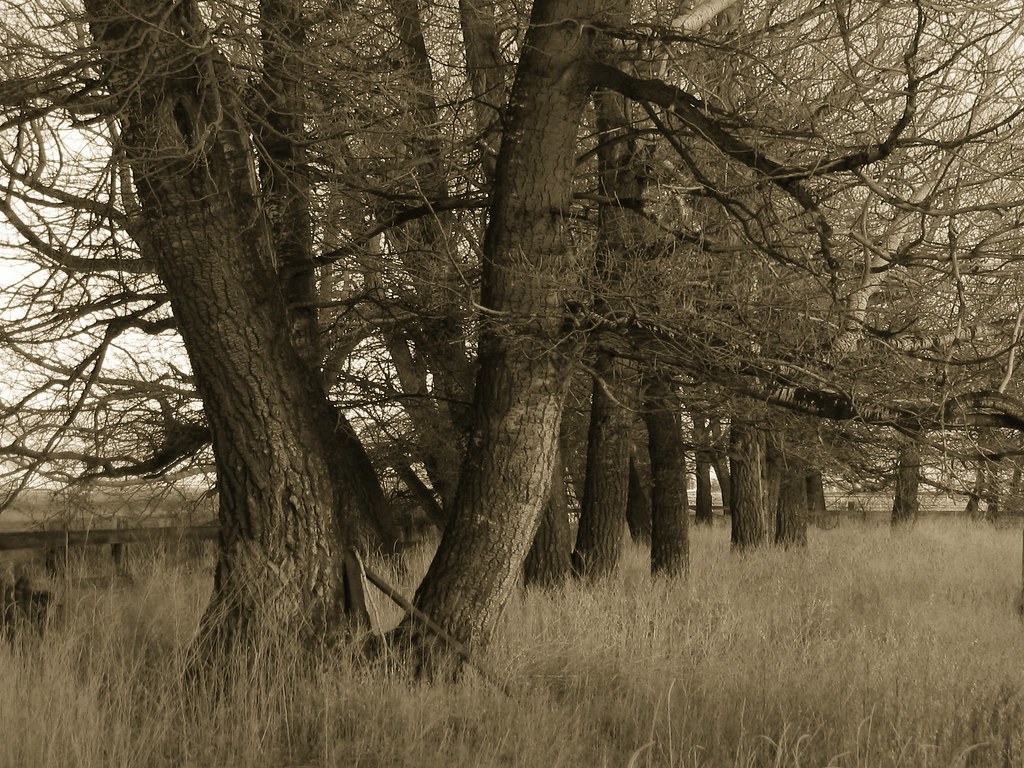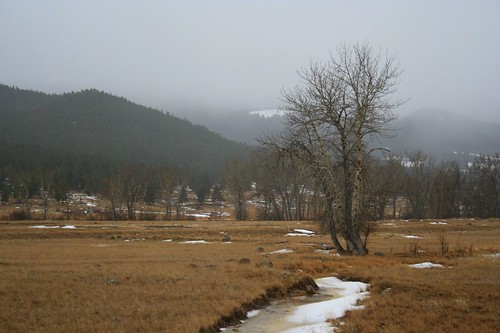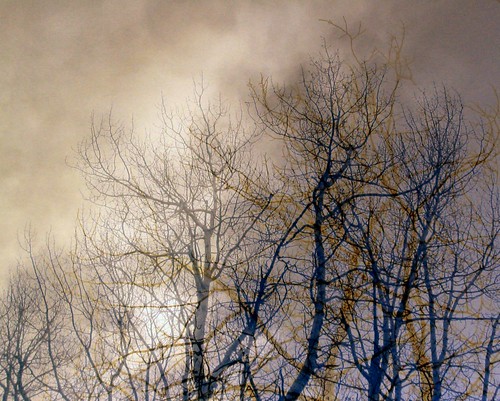A skilled woodworker, I believe, is one who has learned to listen to trees, who has learned a few life-lessons by working with the beautiful, strong bodies of trees and who has learned to see the soul of a tree in the roughcut slabs of wood.
The German writer, Hermann Hesse published a thoughtful collection of poems and travel prose in 1917, titled, Wandering. The book was translated in 1974 by James Wright. One does not have to be religious to appreciate Hesse's love of the natural world and his urge to find oneness Below are short excerpts about learning wisdom from the trees around us:
Whoever has learned how to listen to trees no longer wants to be a tree. He wants to be nothing except what he is. That is home. That is happiness.
... For me, trees have always been the most penetrating preachers. I revere them when they live in tribes and families, in forests and groves. And even more I revere them when they stand alone. They are like lonely persons. Not like hermits who have stolen away out of some weakness, but like great, solitary men, like Beethoven and Nietzsche.
... Nothing is holier, nothing is more exemplary than a beautiful, strong tree. When a tree is cut down and reveals its naked death-wound to the sun, one can read its whole history in the luminous, inscribed disk of its trunk: in the rings of its years, its scars, all the struggle, all the suffering, all the sickness, all the happiness and prosperity stand truly written, the narrow years and the luxurious years, the attacks withstood, the storms endured.
Every young farmboy (and I would say, woodworker) knows that the hardest and noblest wood has the narrowest rings, that high on the mountains and in continuing danger the most indestructible, the strongest trees grow.
Trees are sanctuaries: whoever knows how to speak to them, whoever knows how to listen to them, can learn the truth. They do not preach learning and precepts. They preach, undeterred by particulars, the ancient law of life.
A tree says: A kernel is hidden in me, a spark, a thought, I am life from eternal life. The attempt and the risk the eternal mother took with me is unique, unique the form and veins of my skin, unique the smallest play of leaves in my branches and the smallest scar on my bark. I was made to form and reveal the eternal in my smallest special detail.
A longing to wander tears my heart when I hear trees rustling in the wind at evening. If one listens to them silently for a long time, this longing reveals its kernel, its meaning ... It is a longing for home, for a memory of the mother, for new metaphors for life. It leads home. Every path leads homeward, every step is birth, every step is death, every grave is mother.
So the tree rustles in the evening, when we stand uneasy before our own thoughts. Trees have long thoughts, long-breathing and restful, just as they have longer lives that ours. They are wiser than we are, as long as we do not listen to them ...
Whoever has learned how to listen to trees no longer wants to be a tree. He wants to be nothing except what he is. That is home. That is happiness.
-- excerpts from Hermann Hesse: Wandering, translated by James Wright, © 1974 Farra, Straus & Giroux
-- Maureen
The (almost) complete excerpt is posted at my blog, Raven's Nest. Click here to read that article.










2 comments:
Interesting essay and photos. Thanks!
great pictures!
Post a Comment